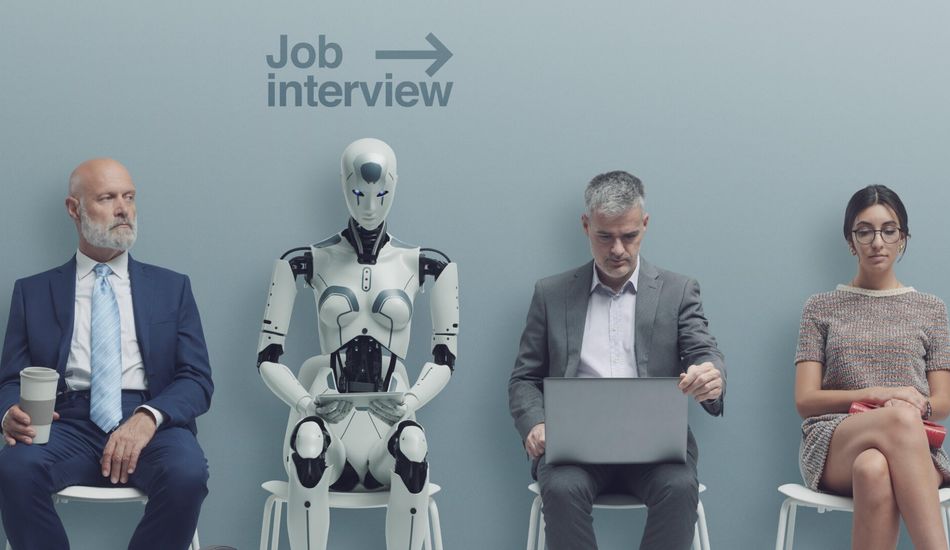
CEOs Are Quietly Telling Us the Truth: AI Is Replacing You, So Prepare Yourself!
Are you feeling that little niggle of anxiety? That tiny voice in the back of your head whispering, "Is AI going to take my job?". You're not alone. While CEOs are publicly touting the benefits of AI in terms of productivity and efficiency, a closer look at their internal communications reveals a much starker reality.
I've been digging into what these tech leaders are *actually* telling their employees and investors, and it's pretty eye-opening. It's not just about automating mundane tasks anymore. We're talking about a fundamental shift in how companies are structured, with AI taking on roles previously held by entire teams of people.
Amazon's Andy Jassy, for instance, stated that they expect to reduce their corporate workforce as they get efficiency gains from using AI extensively across the company. The "next few years" he mentions? That's likely 2026-2028, which is right around the corner.
Duolingo's CEO, Luis von Ahn, was even more direct, implying that hiring will be frozen unless a team can't automate more of their work. In other words, prove that a human is absolutely necessary.
Shopify's Tobi Lütke wants managers to envision teams with AI agents already integrated, then justify why any humans are still needed. It's a clear signal that human employees are now a "last resort".
And let's not forget Salesforce CEO Marc Benioff, who mentioned that AI is already doing 50% of the work within his company, shortly before announcing job cuts. The CEO of Klarna even revealed that AI has allowed them to reduce their workforce by a staggering 40%.
The Reasoning Revolution
What's driving this seismic shift? According to OpenAI's Sam Altman, AI "reasoning models" have made a major leap. These systems can now "think" through complex problems, potentially matching the analytical capabilities of someone with a PhD.
Sources at major AI labs confirm that they're training models to perform real-world tasks in various professions, from banking to law to even journalism. The goal? To create virtual employees that can produce professional-grade output with minimal errors. This is not some distant future. This is happening *now*.
While a direct link is difficult to prove, the recent wave of tech layoffs certainly raises eyebrows. Despite a strong economy and record-highs for the Nasdaq, tech companies are shedding workers at an alarming rate. Could the quiet implementation of AI be the underlying cause?
So, what can you do? Pay attention to the details. Don't just listen to the marketing hype. Read those CEO blogs, internal memos, and investor updates. They're already telling you the truth, even if they aren't saying it outright.
My advice? Be proactive. Understand how AI can impact your role, and start exploring ways to adapt and enhance your skills. The future of work is changing, and it's essential to be prepared.
Source: Gizmodo